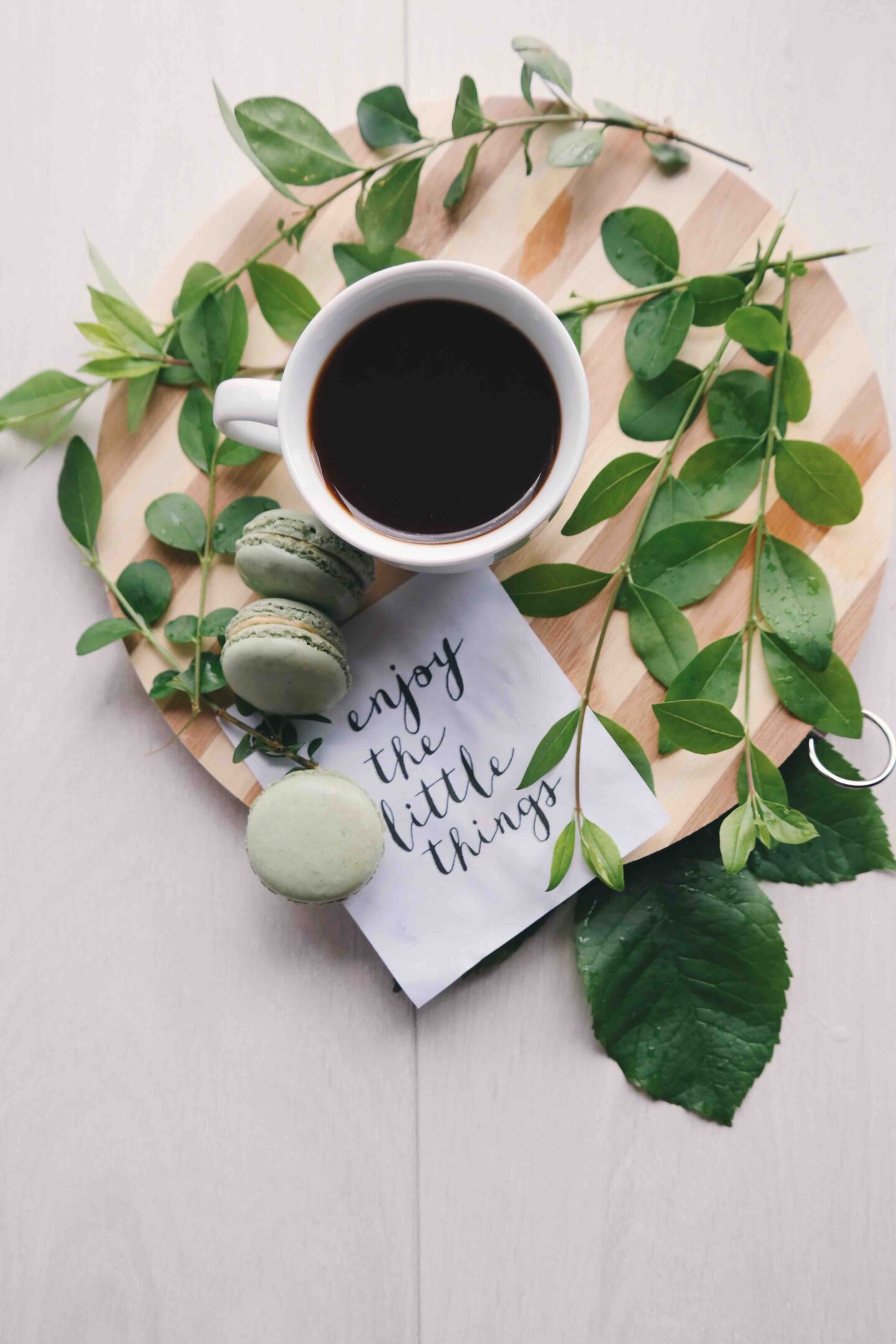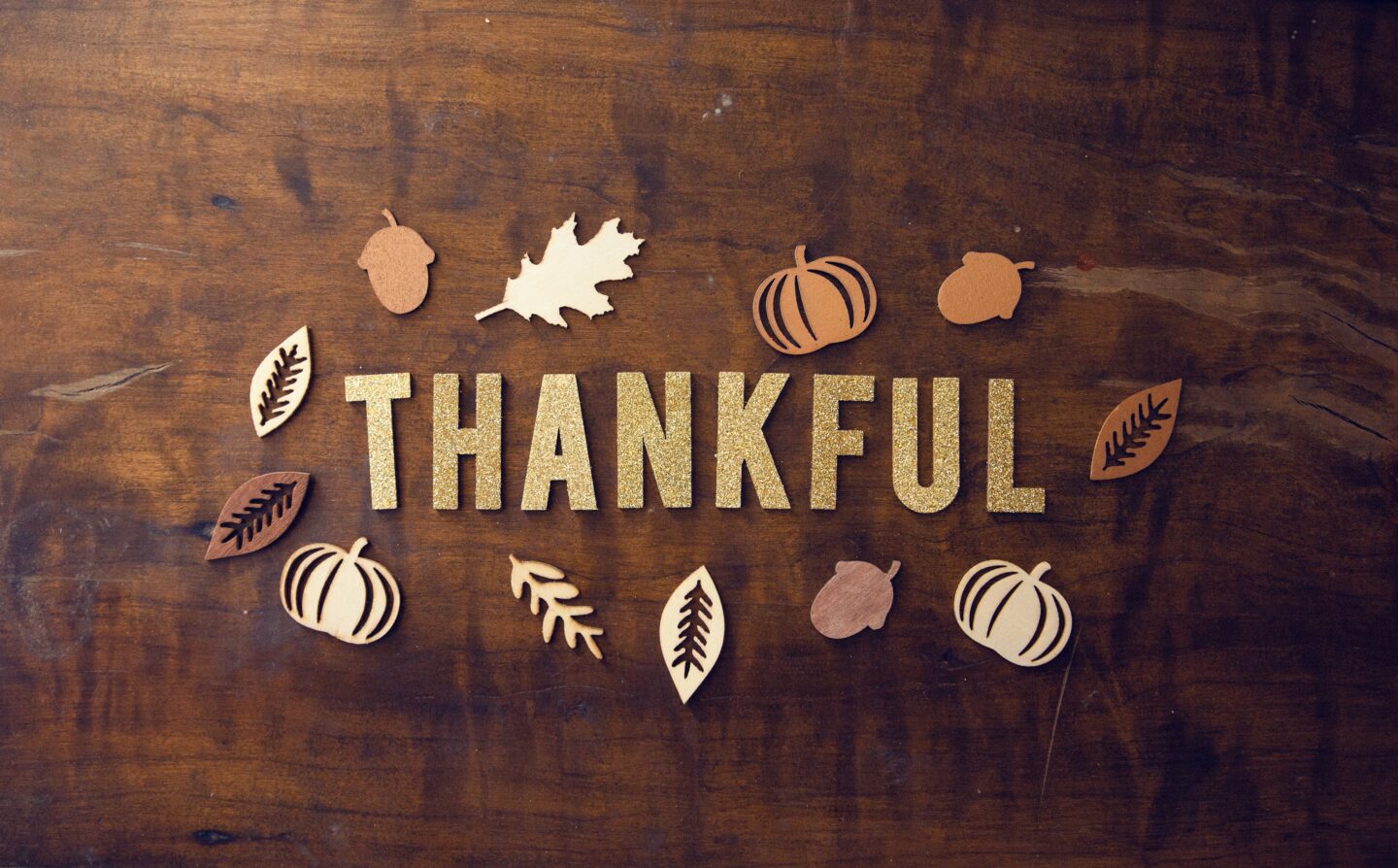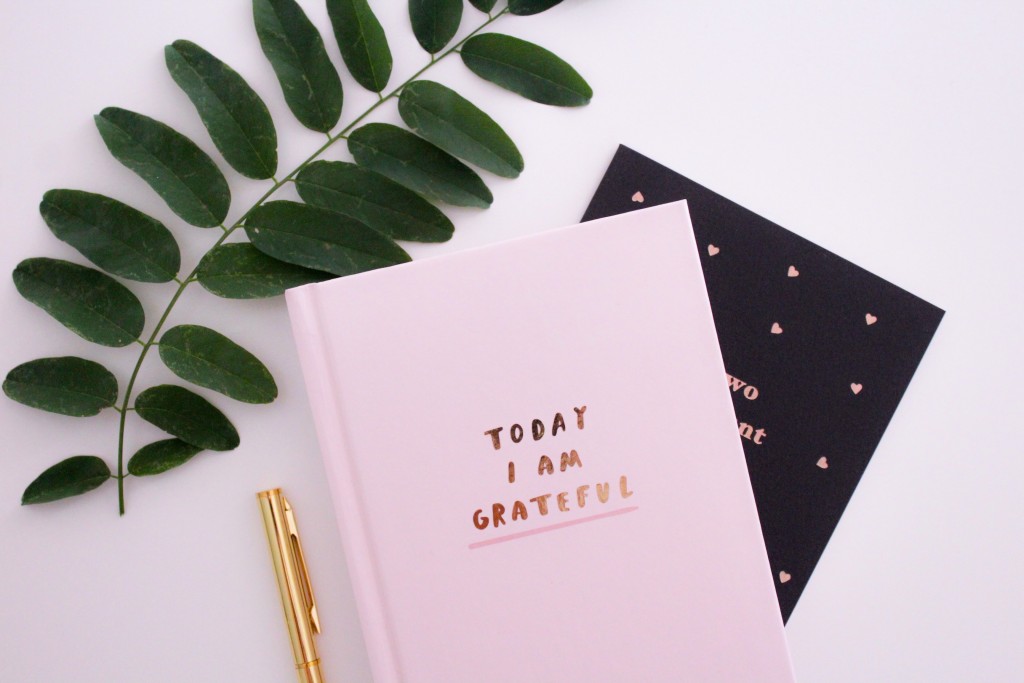
Look, it’s no secret that things are a tad challenging right now – for everyone. It’s arguably the weirdest and most unsettling period many of us have lived through.
As each day passes, and we’re still stuck in the same situation, it’s easy to start feeling resentful for everything that’s happening. One coping mechanism for getting through tough times is to try and identify at least some things you are grateful for. Or ‘sprinkle a little more gratitude into your life’. But how the heck do you do this?
You may or may not know that the word ‘gratitude’ comes from the Latin word gratia, a.k.a grace/gratefulness.
Some people might feel gratitude for having a loved one in their life, for others, it might be simply being able to put food on the table or being able to go outside for a walk. It doesn’t matter what you feel gratitude for, as long as you find something.
When we’re constantly hearing about the Covid 19 pandemic, it can really weigh on our shoulders. It’s hard to imagine a ‘normal’ future right now, and we’ve no idea what’s going to happen. And hey, if identifying things you feel gratitude for helps in some way, then it’s worth doing, right?
Why is practising gratitude SO important?
Well, it turns out there’s TONS of research by scientists proving that practising gratitude can benefit us. Its benefits are extremely far-reaching, from improved health and happiness to having a strong immune system and better relationships. Most importantly, particularly at the moment, it can be useful to help ground ourselves and appreciate the things we do have. If it’s proven to improve our mental health, then now is a good time to try it.
We love the gratitude quote below because it helps you to appreciate your life as it is, but also have hope for the future.
“Learn to be thankful for what you already have, while you pursue all that you want.” —Jim Rohn
Show gratitude not just to yourself but to others

Newsflash! Gratitude works when you practise it on yourself and others.
Dr. Martin E. P. Seligman who works at the University of Pennsylvania has done a fair amount of research on gratitude. He did a study where people had to write a letter of gratitude to thank someone for their kindness.
The people who took part showed a big increase in happiness scores. And get this – these positive feelings continued for a MONTH. So actually, showing gratitude to others as well as yourself boosts your own wellbeing too, as well as probably making the other person feel good. It’s a win-win.
Gratitude strengthens your relationships

It makes sense, doesn’t it? If you take the time to note down the things you are thankful for, you’re more likely to appreciate your relationships and the positive people in your life. Recognising how special someone is to you enables you to properly treasure them. It’s also beneficial to make a special effort to thank your partner if they do something good. You can show your gratitude by giving them a thank you card, showing affection or simply saying ‘thank you.’
Studies have shown that when couples express gratitude for one another, they feel more positive towards each other. And it’s not just personal relationships with partners, gratitude can help improve your working relationships too. When managers thank their staff, it motivates them to work harder.
Starting a ‘gratitude’ journal might be the best thing you ever do

gabrielle-henderson-M4lve6jR26E-unsplash
It’s useful to stop and think ‘I’m grateful for this’ when something happens. Often throughout the day things might make us happy and for a moment, we appreciate them. But there’s something more powerful about writing down your gratitude. It sort of solidifies what you’re thinking. Writing the words down somehow gives them more meaning.
So, if you do one thing this week to improve your wellbeing, we urge you to start a gratitude diary. When you wake up each morning, simply write down all the things you are grateful for. If you write down just one or two things some mornings and that’s all you can muster, it’s ok. Other days you might write a longer list. Start each by writing ‘I am grateful for…’
When you start to feel crap, you can always go back and read what you wrote down. Remind yourself of what you have, instead of focussing on what you lack. After a few days or weeks of doing your gratitude diary, stop to think about how you feel. You’ll probably find your wellbeing has increased and writing your list makes your day that little bit more positive.
How to practice gratitude – gratitude exercises
If writing a daily gratitude diary seems too much right now, here are some other suggestions for sprinkling a little more gratitude into your life. You can pick a time of day to do them such as morning gratitude practice or just do them whenever you feel like you need a boost.
- Take a moment to think about the people you are thankful for
- Write thank you cards or notes to people who have supported you
- Count your blessings, literally
- Tell someone how important they are to you and how much you value their personal qualities
- Spend some time reflecting on the positive things in your life via some meditation
- Show love and appreciation for a partner or friend
- Send little gifts to deserving people in your life
- Do a gratitude brainstorm bubble with all the things that make you happy
Maybe some of these things will help. But remember, you can always think of your own way to express gratitude to yourself and others.
We hope this article has helped you to understand how gratitude can play a part in your wellbeing, and how you can harness it for enhanced mental wellness now and into the future.
Main image by Brigitte Tohm.
